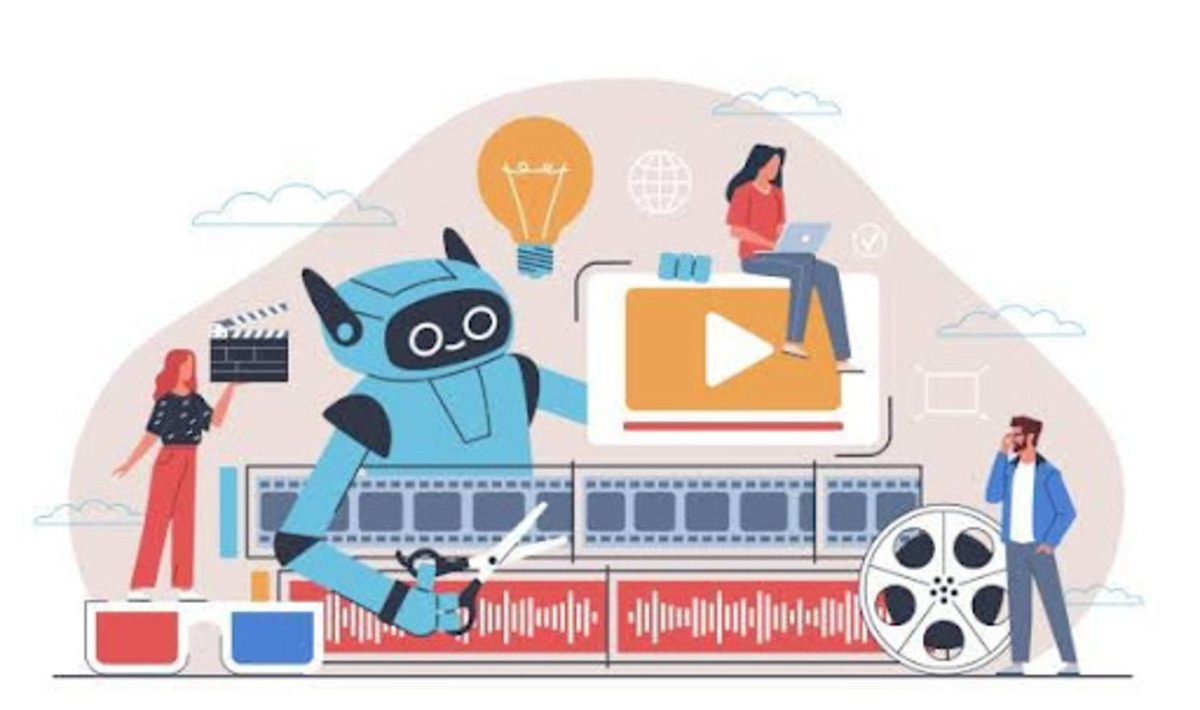In the fast-evolving digital environment today, videos have turned out to be among the most effective tools that businesses can use to reach audiences. It can be a commercial advertising mes...
View MoreTracking Invests in Ozoned Digital for Saudi Arabia Expansion
RIYADH, KSA, June 19th, 2023. Ozoned Digital today announced an investment by Tracking, to help strategically expand its operations in the Kingdom of Saudi Arabia. Ozoned Digital will work w...
View MoreGDG Lahore Brings Together VCs and Startup CEOs to Launch Google Cloud in Pakistan
GDG Lahore, in collaboration with Google Cloud, hosted an extraordinary evening last week that brought several VCs and startup CEOs for a dinner to mark the launch of Google Cloud services i...
View MoreGrowth Summit’23 Season II Returns in Collaboration with Islamabad Chamber of Commerce & Industry
After the tremendous success of the previous edition, Connected Pakistan is proud to announce the return of Growth Summit'23 Season II in collaboration with Islamabad Chamber of Commerce &am...
View MoreNETSOL Technologies signs a contract with a Japanese agricultural and industrial equipment
NETSOL Technologies, Inc., a multinational technology services and solutions provider has signed a multimillion-dollar agreement with the finance department of a top Japanese Agricultural an...
View MoreVentureDive nominated for “Best Place to Work 2023 Study”
VentureDive, a technology solutions company, has once again been nominated for “Best Place to Work 2023 Study.” Best Place to Work Pakistan Study & Awards recognizes and celebrates aweso...
View MoreAdamjee Insurance & Pak Suzuki Motor Company Celebrates 15 Years of Partnership
Recently Paki-Suzuki and Adamjee Insurance company celebrated their 15 years of partnership at a renewal ceremony of the Suzuki Insurance Program, happened at the regional office of Pak-Suzu...
View MoreNETSOL Technologies signs a contract with a Japanese Equipment Finance Company
[vc_row][vc_column][vc_column_text]NETSOL Technologies, Inc., a multinational technology services and solutions provider has signed a multimillion-dollar agreement with the finance departmen...
View More






